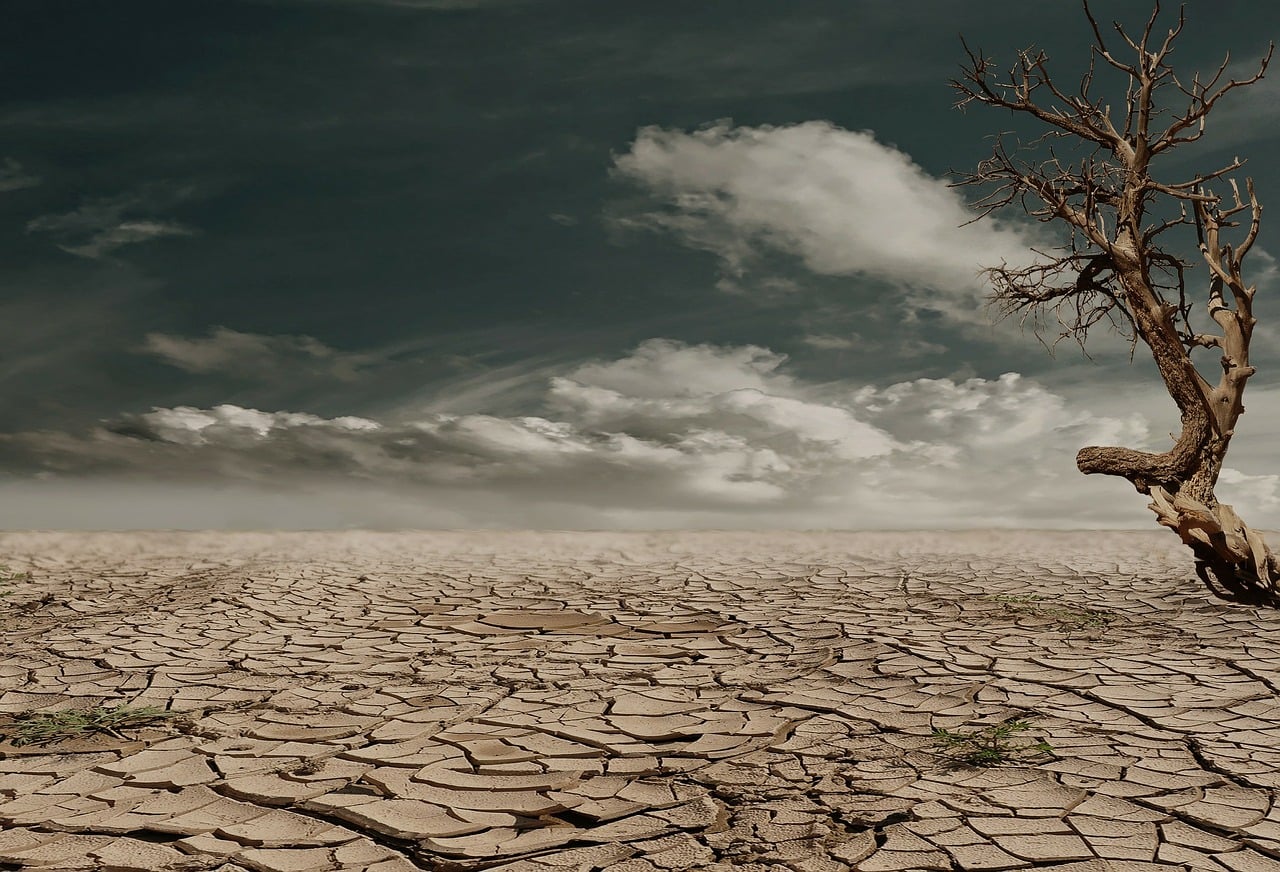Pakistan’s newly elected Prime Minister, Imran Khan, is straight away at work in trying to strike a chord with the masses. The incoming government has announced a Pakistan 10 Billion Trees Plan, under which the government will plant 10 billion trees in the country during its five-year tenure.
Pakistan 10 Billion Trees Plan – what’s the need?
Imran Khan’s Pakistan Tehreek-e-Insaf party (PTI) emerged as the single largest party in the latest parliamentary elections. The PTI is set to form a coalition federal government later this month.
Prior to its win, the PTI did propose a “10 Billion Tree Tsunami” program, which it said will be implemented in the first 100 days after assuming governance. Though environment is not a major election issue, the 10 Billion Trees plan does show the government’s commitment in ensuring a good future for the population.
PTI’s Pakistan 10 Billion Trees plan has been announced to combat climate change. The country, with many glaciers and thin forest cover, is more vulnerable to climate change. Thus, more trees would help to reduce the risk of disasters like floods from melting glaciers in the mountains located to the north.
Explaining the reason behind its green plan, PTI noted that increasing temperatures, scant rain and a series of floods have already cost the country $6 billion to $14 billion in relief aid and economic recovery.
“It is now imperative to tackle climate change and reverse environmental degradation as Pakistan’s situation will only worsen as the economy grows,” the Khan-led party noted in its manifesto.
The Pakistan 10 Billion Trees Plan can be seen as an expansion of Khan’s earlier “Billion Tree” reforestation project. From 2014 to 2017, around 865,000 acres of trees were planted in the PTI-controlled Khyber Pakhtunkhwa province. The country holds the Guinness World Record for maximum trees planted in twenty-four hours after the Sindh Forest Department’s team of 300 volunteers planted 847,275 trees.
Pakistan – more vulnerable to climate change
According to the report from the Sustainable Development Policy Institute, Pakistan is the seventh most vulnerable country to climate change. The irony is that the country is among the least polluting countries, adding only 0.2% of global emissions.
Pakistan is the country with the most glaciers (excluding the countries in the Polar regions) with over 7,200 in the Karakoram, Himalayan and Hindu Kush ranges, according to the Pakistan Meteorological Department (PMD). Though these glaciers are essential to the country’s river systems, recent data suggests that around 120 of such glaciers show signs of melting due to increasing temperatures.
Just last month, a glacier lake burst in Pakistan’s northern Gilgit-Baltistan province costing villagers their homes.
“The disasters caused by glacier outbursts in these areas will not stop here. They will continue in the future because there are so many glaciers at risk of bursting,” Glacier expert and PMD head Ghulam Rasul told Reuters.
Rasul believes that continuous degradation of the forest has caused temperatures to soar, resulting in melting of glaciers. Further, Rasul noted that in the past 80 years, the average temperature in Gilgit-Baltistan has surged by 1.4C compared to an increase of 0.6C in the lower lying regions of Sindh, Punjab and Khyber-Pakhtunkhwa.
Water problem – a growing concern
With the announcement of the Pakistan 10 Billion Trees plan, it can be expected that containing the environmental degradation and working toward restoring the climate would be a top agenda of the PTI government. However, other than deforestation, water problems have also been plaguing the country.
During the elections, major political leaders were unanimous in talking about the water shortage. The leaders mentioned that “conservation” is the key to dealing with the water crisis and there is a growing need for storage and reservoirs.
Both Bilawal Bhutto Zardari (chairman of the PPP) and Imran Khan supported “small to medium dams” and the creation of other “water storage” across Pakistan. Khan believes the need of the hour is “plugging” water wastage as water is the lifeline and the country is heading toward a water disaster.
Further, a problem of salinity is growing in areas like Sindh, where water is no longer reaching the sea. In one of the election rallies, Zardari noted that the claims made by the authorities of 35 million-acre feet of water flowing into the sea is not true since the sea was clearly crushing the fertile land of Sindh. He also disapproved of the Indus River System Authority for not implementing the 1991 Water Apportionment Accord between all the provinces.




